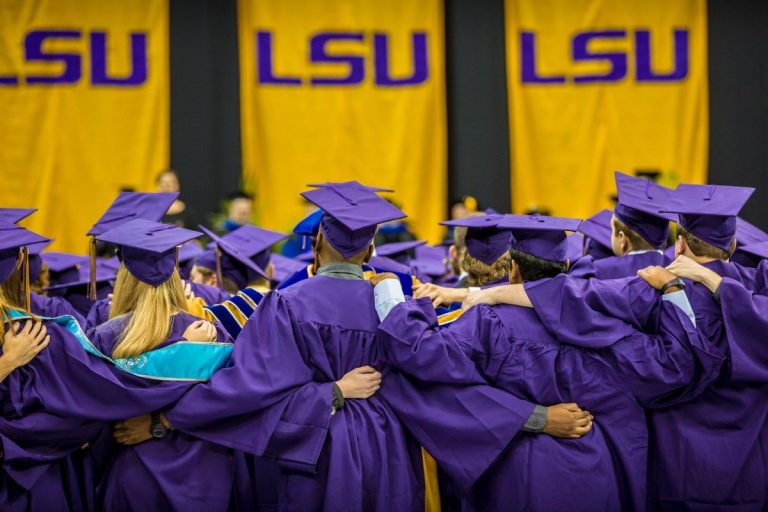
Just like the cup of coffee you’re holding, there’s another sector of the economy suffering from inflation as well – university degrees.
BBC reports universities are suffering from a “chronic grade inflation” as the number of first-class degrees being awarded is soaring, according to a survey by The Press Association.
The survey, which analysed the Higher Education Statistics Agency (HESA) 2015-16 data, found it is now more common to graduate with a first, instead of a lower second (2:2) grade. Close to a quarter (24 percent) got a first-class degree last year while only 21 percent scored a lower second grade.
Professor of education, Alan Smithers of the University of Buckingham, said universities were “free to award as many firsts as they like” as they are not constrained like national exams, such as the GCSEs and A-Levels..
“They have every incentive to do so,” Smithers says.
“Students like to have top-class degrees and may choose universities on that basis.”
https://www.instagram.com/p/BWvXa1lDv1T/
In the UK, a “good” degree is often taken to mean the award of a first-class honours degree – the top grade – or what comes after it, an upper second. The Press Association’s survey shows the most widely awarded degree is the upper second, of which 51 percent of graduates received.
However, at the University of Surrey last year, 41 percent of its students were awarded first-class degrees, a figure double what it was just five years ago.
Whereas at the University of East Anglia, the number has tripled to 37 percent.
Surrey’s vice-provost Prof Jane Powell traces the university’s awards to “a combination of national trends and the University of Surrey’s concentrated focus on enhancing all aspects of our educational provision”.
“It is very pleasing to see this high level of commitment by both staff and students translating into excellent degree results, the rigorous standards of which are confirmed by external independent assurance processes,” Powell added.
But today’s figures still project a stark contrast from what they were 20 years ago – in 1994, only seven percent of graduates got a first whereas just three years ago, only 19 percent got the top grade.
At specialist institutions like the Royal Academy of Music, the figure soars even higher – 64 percent of students were awarded firsts there.
Grade inflation at U.K. Universities… SAD pic.twitter.com/MxdRdKMLEO
— Ben Page (@benatipsos) July 20, 2017
Concerns have been raised on grade inflation in British universities, which analysts trace to the period UK higher education started to expand in the early 90s. Some researchers deny there is grade inflation, saying the rise in firsts is due to the rising A-Level grades.
But others like Smithers, say universities are under pressure to award more firsts to score points and boost their standings in league tables.
Graduate recruitment agencies report as degrees increasingly get devalued, employers are placing more focus to work experience instead of academic achievement.







